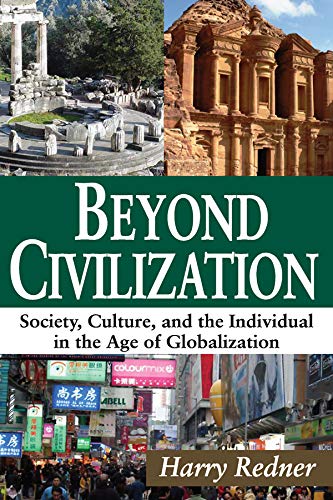

Most ebook files are in PDF format, so you can easily read them using various software such as Foxit Reader or directly on the Google Chrome browser.
Some ebook files are released by publishers in other formats such as .awz, .mobi, .epub, .fb2, etc. You may need to install specific software to read these formats on mobile/PC, such as Calibre.
Please read the tutorial at this link: https://ebookbell.com/faq
We offer FREE conversion to the popular formats you request; however, this may take some time. Therefore, right after payment, please email us, and we will try to provide the service as quickly as possible.
For some exceptional file formats or broken links (if any), please refrain from opening any disputes. Instead, email us first, and we will try to assist within a maximum of 6 hours.
EbookBell Team

5.0
50 reviewsFor Harry Redner, the phrase "beyond civilization" refers to the new and unprecedented condition the world is now entering―specifically, the condition commonly known as globalization. Redner approaches globalization from the perspective of history and seeks to interpret it in relation to previous key stages of human development. His account begins with the Axial Age (700–300 BC) and proceeds through Modernity (after AD 1500) to the present global condition.
What is globalization doing to civilization? In answering this question, Redner studies the role played by capitalism, the state, science and technology. He aims to show that they have had a catalytic impact on civilization through their reductive effect on society, culture, and individualism.
However, Redner is not content to diagnose the ills of civilization; he also suggests how they might be ameliorated by cultural conservation. Above all, it is to the problem of decline in the higher forms of literacy that he addresses himself, for it is on the culture of the book that previous civilizations were founded. This study will be of interest to sociologists, historians, and social and political theorists. Its style makes it accessible also to general readers, interested in civilization past, present, and future.